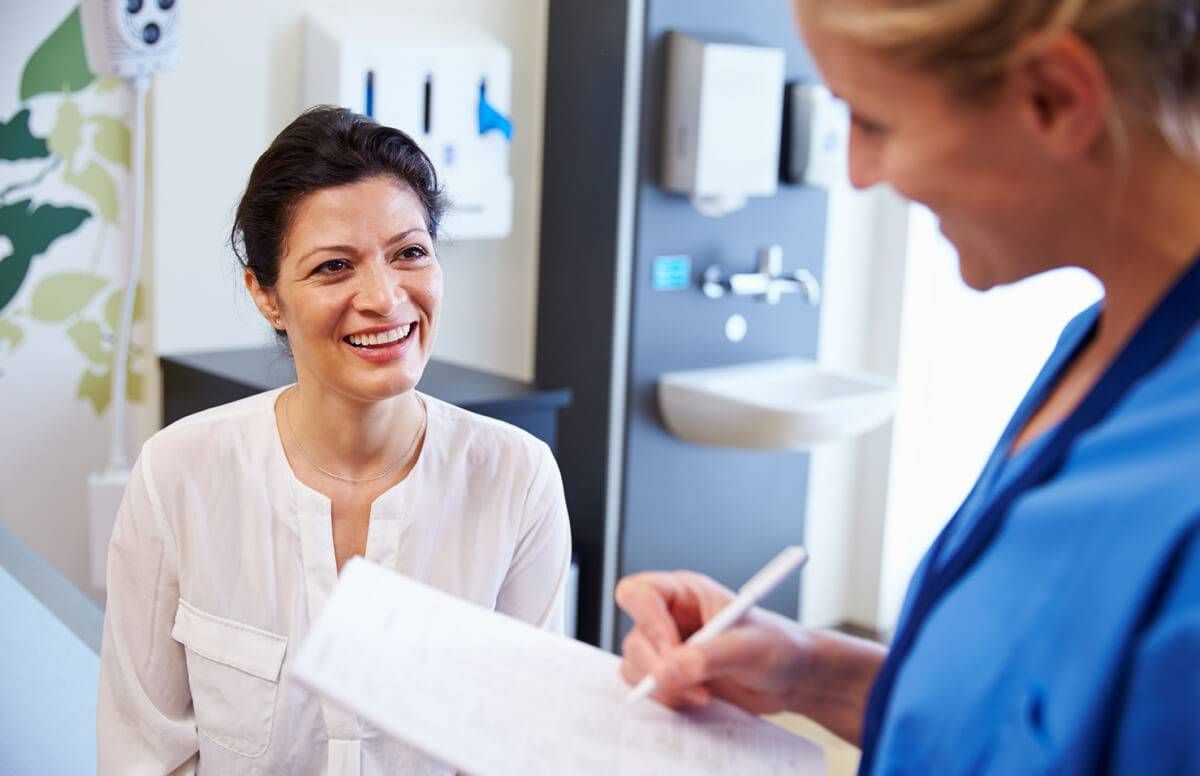What Women Should Know About Breast Cancer — No Matter Their Age
Even much older women could benefit from genomic testing
(Editor's note: The following is a guest essay by the co-chair and member of the executive board to the Information Task Force for the Metastatic Breast Cancer Alliance.)

Breast cancer is scary, and for many women, it’s not something we really like to think about. However, as one of the most commonly diagnosed cancers in U.S. women (there are more than 3.1 million breast cancer survivors in the U.S. today), it’s important to be aware of the facts and understand that if ever faced with a diagnosis, you’re not going through it alone and you have options.
Treatment and care for breast cancer have improved drastically over the years, so work with your doctor and talk to friends and family for support. Here are six important facts about breast cancer to keep in mind :
1. Get clear on the signs and symptoms.
Most women know that lumps are a sign of breast cancer. But not all breast cancer shows itself as a lump. Other symptoms can include swelling under your arm, pain, burning, or unusual tenderness in your breast or nipple, new dimples in your skin, inflammation, sudden changes in breast size or shape and other signs. Understand what’s normal in your body and be able to recognize when something changes — but also remember that most breast cancer is found in women who did not have symptoms. Because of this, it’s important to get screened regularly, as screening tests can help find breast cancer in its early stages, before symptoms appear.
2. Your breast cancer risk does increase with age.
The American Cancer Society recommends starting regular mammograms at 45, but there is other evidence to suggest that creating an individualized screening plan based on your preferences and risks with your doctor may be a better option.
3. Just because you don’t have a family history doesn’t mean you can’t get breast cancer.
Breast cancer is commonly thought of as genetic, but only 5 to 10 percent of cases are hereditary. Some 90 to 95 percent of breast cancer diagnoses are unrelated to your genes, and in fact, there can be a number of other attributes that impact your risk of getting breast cancer. Read about other risk factors here.
4. If you are diagnosed with breast cancer, don’t panic.
Take a minute to allow yourself to feel your fear and anxiety, and then make a plan to move forward. Learn about your particular subtype of breast cancer, and participate actively in discussions and decisions with your health care team. Before you proceed with a treatment plan, ask your doctor to help you identify all the options that will be effective for your particular stage and subtype of cancer, and discuss their potential impacts on other areas of your life. Identifying what is most important to you will help you get the best treatment. Most breast cancers are not an emergency; however, treatment should occur as soon as possible.
5. Know that help is out there.
Treatment for breast cancer is tough not only on your body, but also on your spirit. If you’re finding yourself feeling particularly stressed, confused, anxious or depressed — know that you’re not alone! Talk to others who have been diagnosed to help you understand the disease and treatment options. You can call 844-ASK-SHARE to talk to a peer who’s been there before; she can provide reassurance or connect you with cleaning or meal services, resources to cope and much more.
6. Be your own advocate: Ask questions. Get a second opinion.
If you are diagnosed with breast cancer, it’s important to be your best advocate and learn about all of your treatment options. Tools such as genomic tests are now available to help you and your doctor through the decision-making process. One such example is the Oncotype DX test, which analyzes the genes of your breast tumor to identify whether or not you will benefit from chemotherapy and the chances of your breast cancer returning. In the recent TAILORx (Trial Assigning IndividuaLized Options for Treatment (Rx) clinical trial that included Oncotype DX and more than 10,000 patients, it was found that 70 percent of women with some early stage breast cancers may be able to safely forgo chemotherapy and its toxic side effects. However, while these tests are widely available, they are not always used. In a recent study from the National Cancer Institute’s (NCI) Surveillance, Epidemiology, and End Results (SEER) Registry, it was found that only 8.2 percent of women 70 and older received a genomic test to help guide their breast cancer treatment. Race, education and socioeconomic status did not impact whether a woman receives a genomic test, but age was a key factor.
As a result of these findings, the No Matter My Age campaign was launched in partnership between the developers of Oncotype DX, Genomic Health, and leading breast cancer advocates including SHARE, to help educate and raise awareness that all patients, regardless of their age, should have all the information about their cancer before making a treatment decision. Check out the powerful video below which talks about the importance of being a self-advocate and staying active in your breast cancer care.

